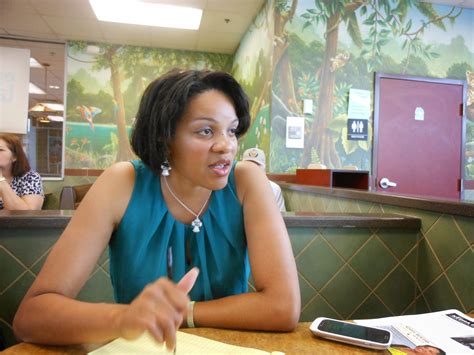A Quote by Richard Branson
We have one planet in our solar system that's habitable, and that's the Earth, and space travel can transform things back here for the better. First of all, by just having people go to space and look back on this fragile planet we live on. People have come back transformed and have done fantastic things.
Related Quotes
It changes your perspective to be able to look out the window and see the planet. One of the thoughts that I had when I first got up here was, 'We really do live on a planet, and we are in a solar system, and we are flying through space right now.' I mean, this is something that you know, obviously, but to see the planet - it's amazing.
There are three reasons, . . . apart from scientific considerations, mankind needs to travel in space. The first . . . is garbage disposal; we need to transfer industrial processes into space so that the earth may remain a green and pleasant place for our grandchildren to live in. The second . . . to escape material impoverishment: the resources of this planet are finite, and we shall not forego forever the abundance of solar energy and minerals and living space that are spread out all around us. The third . . . our spiritual need for an open frontier.
I would love to see the world's space programs continue toward sending humans to an asteroid or to Mars, with, of course, a full plan in place to bring them back. That excites me. And one of the things that excites me most about space is that we can go up there and put spacecraft in orbit with sensors that will help us measure the health of our planet, which is becoming particularly important. Our planet needs to be observed.
The future is about wings and wheels and new forms of space transportation, along with our deep-space ambition to set foot on another world in our solar system: Mars. I firmly believe we will establish permanence on that planet. And in reaching for that goal, we can cultivate commercial development of the moon, the asteroid belt, the Red Planet itself and beyond.
What you aren't ready for being the first time in space - on an emotional and intellectual level - is how looking down at Earth will profoundly affect you. Over the long term, it has changed the way I think about planet Earth. When you go around the planet and look down, you think about the fact that this is the cradle of humanity, that this is a place where seven billion people, 200 countries, live side by side, that we share this place and there's nowhere else to go.
Knowledge and wonder are the dyad of our worthy lives as intellectual beings. Voyager did wonders for our knowledge, but performed just as mightily in the service of wonder and the two elements are complementary, not independent or opposed. The thought fills me with awe - a mechanical contraption that could fit in the back of a pickup truck, traveling through space for twelve years, dodging around four giant bodies and their associated moons, and finally sending exquisite photos across more than four light-hours of space from the farthest planet in our solar system.

































